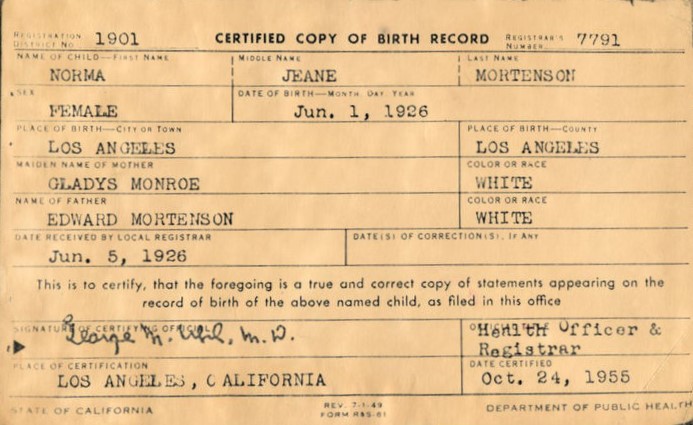
Probate records can be a valuable asset in your genealogical research, but they can also be daunting – pages and pages of court documents (and sometimes handwritten court documents at that) with enough “legalese” vocabulary that has anyone outside of the law field checking a dictionary every other sentence. I recently delved into the 52-pages of probate records for my ancestor Ambrose Grizzard of Wake Co., North Carolina and came across some probate-related vocabulary terms that I’ll clarify here.
Will vs. Probate
In research, we often hear these terms together. A will is the written document that the deceased wrote or had drawn up to distribute real estate and personal property (the estate). Probate is the term used to refer to all of the proceedings and matters related to the administration and settlement of the estate. The proceedings in a probate case will either be referred to as testate and intestate. Testate simply means that there is a written will that is being executed. Intestate means that the deceased left no written will.
The People
The deceased person whose estate is being settled may be referred to as the decedent, divisor, the testator (male), or testatrix (female).Executors are the persons who are listed in a will to administer the settlement of the estate. An Administrator (male) or Administratrix (female) is a person appointed by the court in intestate cases to administer the settlement of the estate.Heirs and Devisees are the people who are the recipients of a portion of the estate.A guardian is a person who is appointed to represent the interests of a minor (child) or another person who is incapable of representing themselves.
Types of Papers
In my ancestor’s probate records, I came across four different types of documents (note that these are not the only documents that could be found).Petition papers are the papers that request or petition the court to begin proceedings to settle an estate. A petition would be filed with the court in any county where the decedent owned property. This category of papers is overarching and could include a number of document types.Guardianship papers are the legal papers appointing guardians to children or other people who cannot represent themselves or their interests in courts. Most often, we see these with children. An important fact to remember is that even though the child may be referred to as an orphan, it does not mean that their other parent is not alive. In the case of Ambrose Grizzard’s children, his wife/their mother, Edney, was appointed guardian. Don’t overlook guardianship records because you know another parent is alive – it simply means that this child/person needed their legal interests represented in court.Administration and Accounts papers are the evidence of transactions that the executor or administrator produced to the court to prove that the estate had been settled with the appropriate devisees. An interesting note is that many administrators/executors had to post a bond to the court to ensure that they would complete their duties.
Helpful Resources
Glossary of United States Probate TermsGuardianship: A Misunderstood Probate Term




